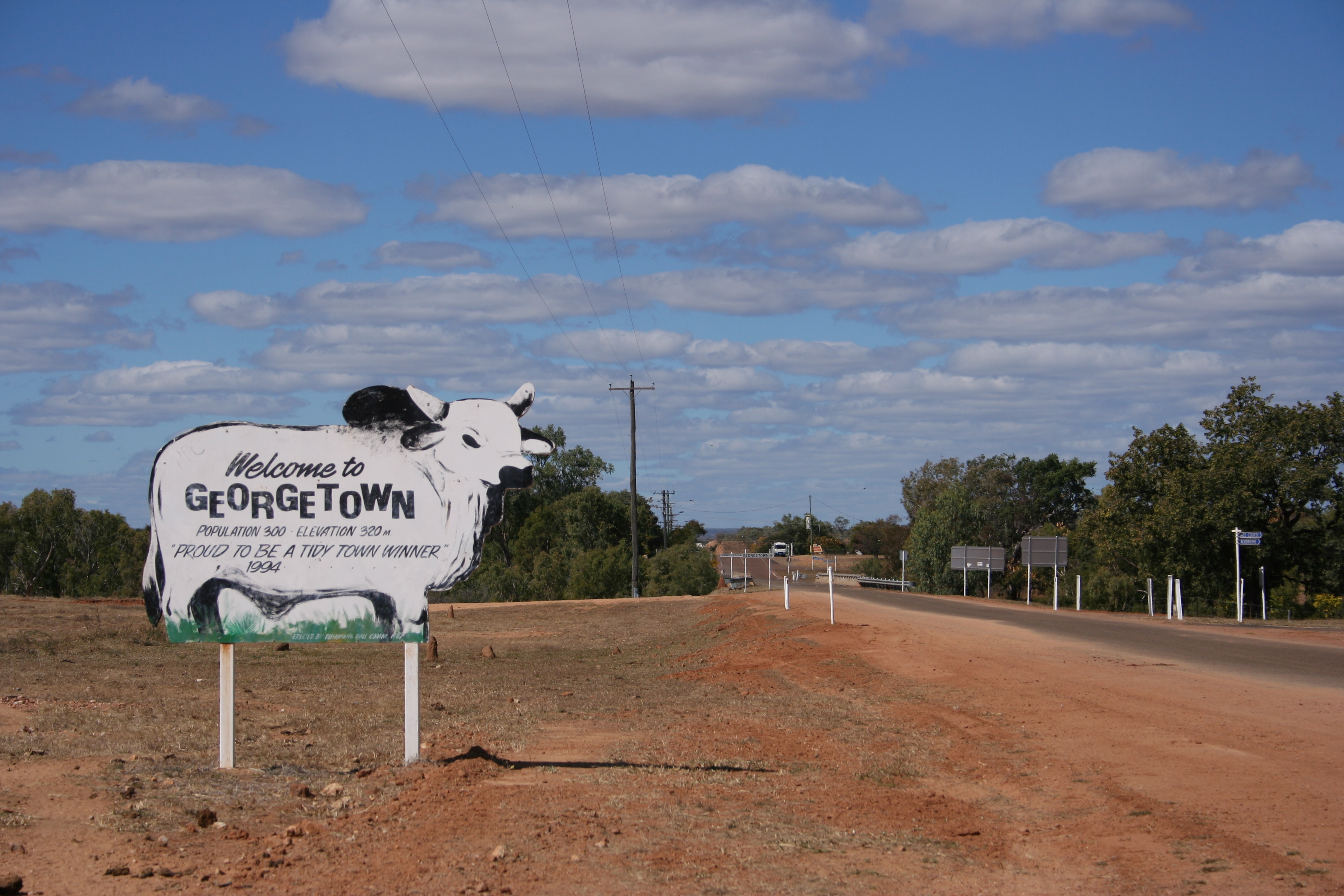Queensland's rural and regional GPs are tired of the buck-shifting that’s been happening with requests by hospitals for named referrals
Queensland’s rural doctors have demanded a crackdown on hospitals seeking named referrals from GPs and an end to rebate differentials between specialists and rural generalists.
They also pressed for clarity on who should bear the cost burden of doing NDIS reports and assessments, asking federal Rural Health Minister Bridget McKenzie if GPs, patients, the NDIS or Medicare should pay.
Named referrals were the hot topic put to Minister McKenzie and state Health Minister Steven Miles at the Rural Doctors Association of Queensland’s annual conference at the weekend.
“There’s now an awareness from Steven Miles that rural and regional GPs are tired of the buck-shifting that’s been happening with requests for named referrals,”outgoing RDAQ president Dr Konrad Kangru told The Medical Republic.
“But (Minister McKenzie) certainly was aware it shouldn’t be happening and promised that in the upcoming review of the National Healthcare Agreement, these arrangements would have to be looked into. “
The alleged cost-shifting by state health services is a nationwide problem, blamed for putting added strain on Medicare.
Specialists in regional centres have complained it means they are undercut by hospital-based competition. GPs say it is not helping patients.
Many doctors regarded the practice as a breach of the accord, Dr Kangru said.
The agreement stipulated that Medicare can only be charged in public hospitals when a patient has chosen to be treated as a private patient by a named consultant.
In practice, hospitals contacted GPs seeking named referrals and patients were told they could be bulk-billed for the attendance, but they were seen by any clinician chosen by the health service.
Senator McKenzie said the question of reimbursement for doing NDIS reports had been referred to the MBS General Practice and Primary Care Clinical Committee.
Dr Kangru said rural doctors would continue to press for the removal of differentials in remuneration between city-based specialists and rural generalists for providing the same service.
He said the problem went beyond MBS “G and S” items listing different rebates for the same service.
For example, a Queensland rural generalist providing emergency care in a hospital was not eligible for the same remuneration and incentives as a member of the Australian College of Emergency Medicine.
While Queensland’s rural generalist program is most advanced, following the state’s recognition of rural generalism as a specialty in 2008, Dr Kangru said the coming roll-out of a national program would depend on sustained investment in the regions.
“There are two elements that are going to make the national roll-out of the rural generalist workforce a success,” he said.
“One is that rural generalists adhere to the Collingrove agreement which states that rural generalists are not just hospital doctors – they are providing emergency care and additional specialist skills as their community requires.
“If doctors are trained in all those three areas, they are going to be delivering great services for their areas.
“The second area is governments making sure there are the facilities, the nursing support, and all the other infrastructure so the rural generalist can use those skills to the best of their ability and to the community’s benefit.”
During the conference, the state announced $20 million over four years for renal facilities in far north Queensland, and $12.6 million to upgrade healthcare staff accommodation in the region, and $4.5 million for rural diabetes podiatry.


